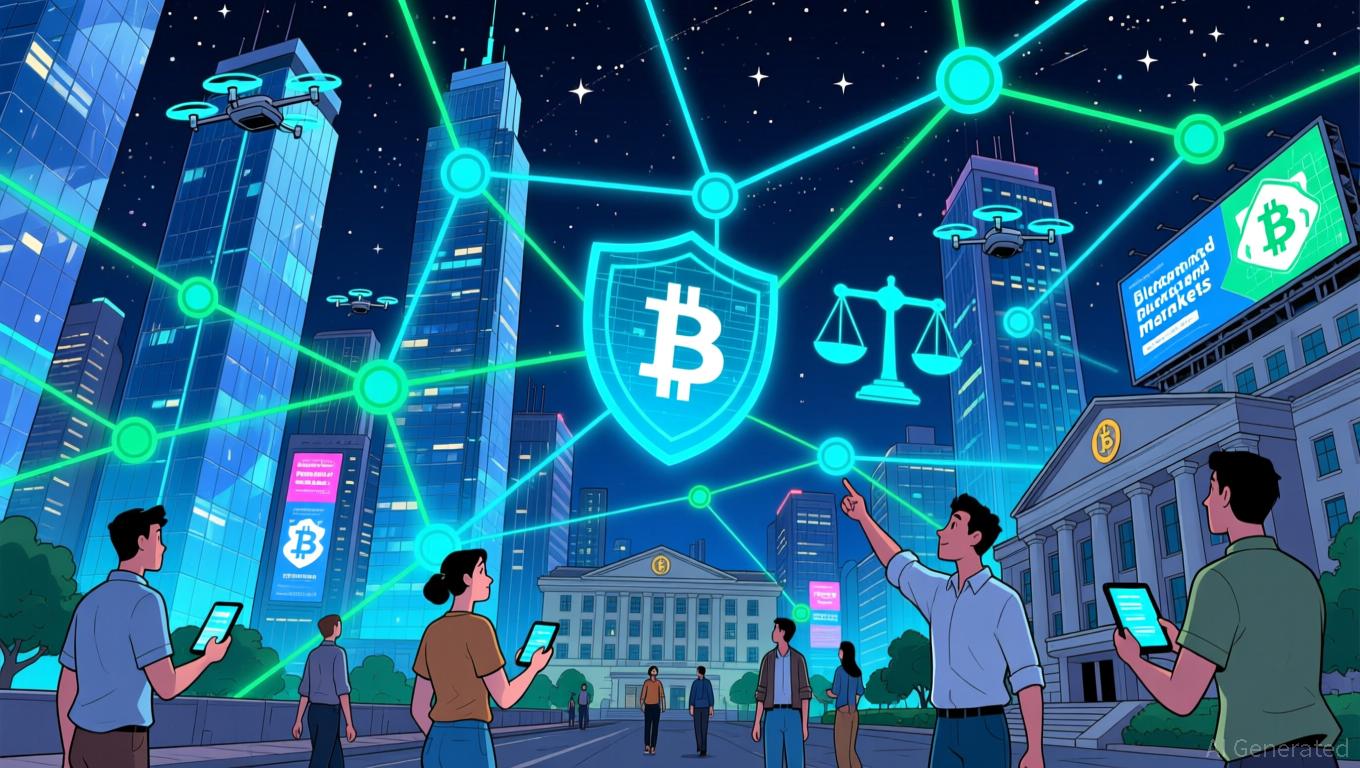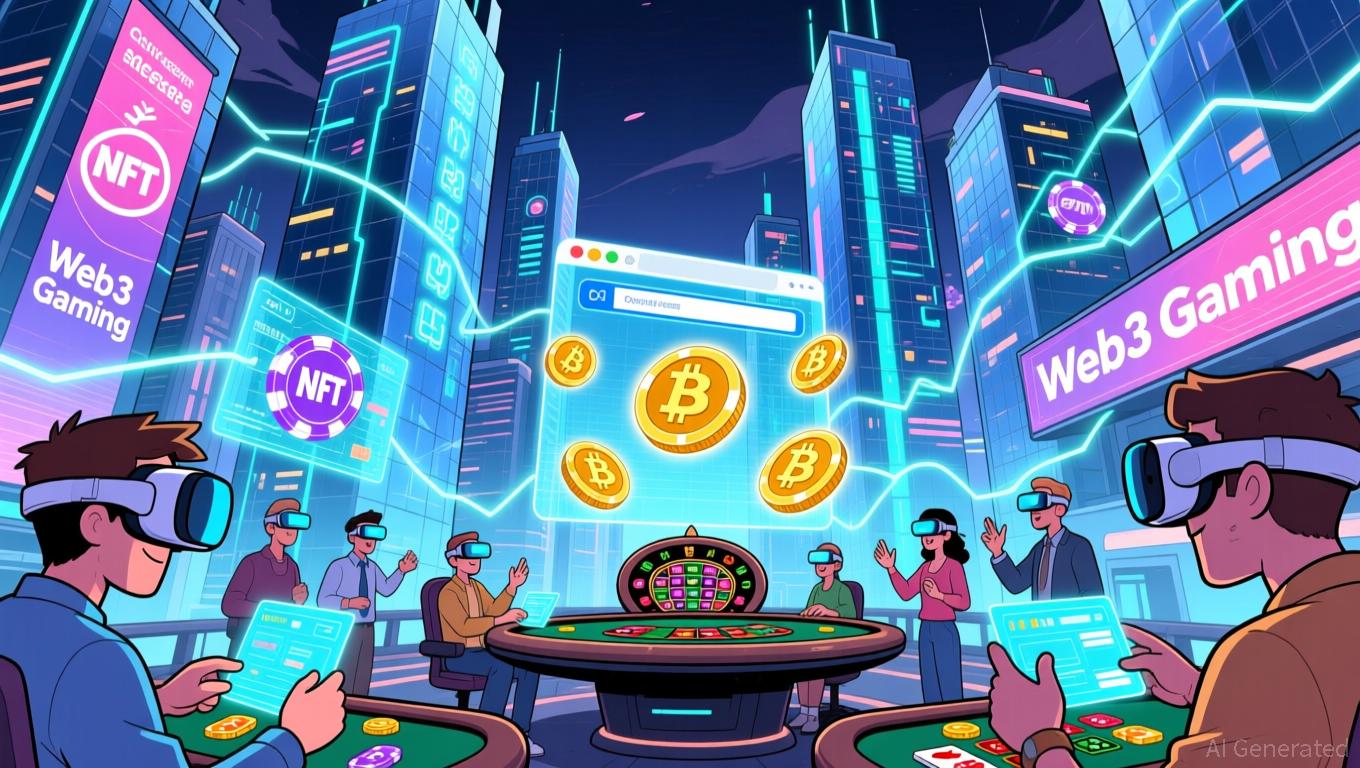Investment Giant Bitwise Reveals: “Bitcoin Cycles Are No Longer 4 Years, They’re 2 Years” – Here Are the Details
Bitwise analyst Jeff Park argued that Bitcoin’s (BTC) historically adopted 4-year halving cycle is now obsolete and the market is transitioning into a new “2-year price cycle” with the transition to the institutional era.
According to Park, Bitcoin's future price movements will no longer be the product of miner economics and supply shocks, but rather ETF-based fund flows and professional investor psychology.
Park noted that the old cycle was shaped by miners' costs and halving-induced supply contractions. He noted that this, combined with media attention, retail investor FOMO, and leveraged bull markets, created a self-perpetuating psychological cycle. However, the analyst argued that this mechanism “belongs to the old Bitcoin,” saying that supply is becoming less of a factor. Therefore, Bitcoin prices are now determined by decisions from a wider range of factors.
The new cycle, according to Jeff Park, is driven by performance pressures from fund managers and the structural impact of institutional inflows through ETFs. Park noted that in modern asset management, investors primarily evaluate their returns based on year-end performance, noting that hedge funds and ETF managers often act based on P&L results dated December 31, and that during periods of increased volatility, exiting Bitcoin, the riskiest position, becomes more likely. Therefore, for institutional investors, the inability to maintain returns over time, or even a prolonged period where Bitcoin remains flat, leads to selling pressure.
” ]
The analyst emphasizes the importance of capital flow effects on prices and notes that the ETF era has created a new behavioral pattern for Bitcoin. For example, while the majority of capital injected into ETFs in 2024 will be profitable, most funds injected in 2025 will be at a loss, and these fund managers will either have to wait for a larger rally or consider taking a loss to meet their performance targets. He states that this situation has created a critical inflection point that could increase selling pressure in Bitcoin's new cycle.
According to Park, Bitcoin's current level of around $84,000 is a strategic area for ETF investors in terms of average cost. The massive inflows that occurred in October and November 2024, when Bitcoin was in the $70,000-$96,000 range, require Bitcoin to perform significantly stronger by 2026 to achieve the annual compounded returns these investors are targeting. If this performance doesn't occur, ETF investors will have two-year decision points, and these outflows could trigger the start of a bear market.
One of Park's most critical points is that even if Bitcoin doesn't rise, the passage of time has a negative impact. Fund managers present Bitcoin to their committees as an asset promising 25–30% compound annual returns. Even when the price remains stable, the annual return decreases, and Bitcoin begins to offer lower returns for the same risk. This creates a new price pressure mechanism for Bitcoin in the institutional era.
Disclaimer: The content of this article solely reflects the author's opinion and does not represent the platform in any capacity. This article is not intended to serve as a reference for making investment decisions.
You may also like
Solana ETFs Deliver a Perfect Inflow Streak
Quick Take Summary is AI generated, newsroom reviewed. Solana ETF inflows hit $531 million in the first week with zero outflows. Strong Solana staking yields near 7 percent attract long-term investors. Lower ETF fees boost fresh allocations and improve cost efficiency. Rising Solana institutional demand strengthens long-term market confidence.References ⚡️SOLID SOLANA ETF STREAK! $SOL ETFs have recorded ZERO outflows since launch. They pulled in $531 MILLION during the first week, boosted by 7% staking yie
Zcash News Update: The Privacy Dilemma of Zcash: Shielded Holdings and Major Investor's Short Position Hint at Potential Downturn
- Zcash (ZEC) faces downside risks after a short-lived rally to $601 following OKX's relisting, now retreating to $564 amid weak adoption metrics. - A major "Cool-headed Whale" reduced 2.6M ZEC short positions but retains $4.05M in unrealized losses, with liquidation risks above $684.55. - Privacy features obscure ZEC's real-world demand, as shielded pools hold 4M tokens while transparent transactions lag behind price gains. - Technical indicators show bearish divergence (RSI vs. MACD) and a potential doub

Spain Changes Classification of Crypto Profits to Address Tax Shortfalls as International Authorities Strengthen Regulations
- Spain plans to tax crypto earnings as regular income, aiming to close tax loopholes and enhance fiscal accountability. - The move mirrors Japan's 2026 crypto reserve rules, reflecting global efforts to regulate volatile digital assets amid rising market activity. - Stricter controls risk stifling innovation or driving crypto businesses to less regulated markets, challenging policymakers to balance oversight and growth. - Spain's approach could influence European crypto regulation, as fragmented framework

Southeast Asia's Gaming and Blockchain Surge Fueled by Foreign Investment and Focus on Sustainability
- The YGG Play Summit highlighted Southeast Asia's rise as a gaming-blockchain hub, driven by economic integration, Web3 adoption, and $223B FDI inflows in 2022. - Partnerships like TokaCity-SACHI's blockchain-powered casino ecosystem and NEXPACE's $50M fund showcase sector innovation in AI, RWAs, and sustainable models. - Singapore's adoption of Alibaba's Qwen AI model for regional languages signals growing Chinese tech influence in gaming and AI development. - Phygital gaming initiatives and OECD warning

